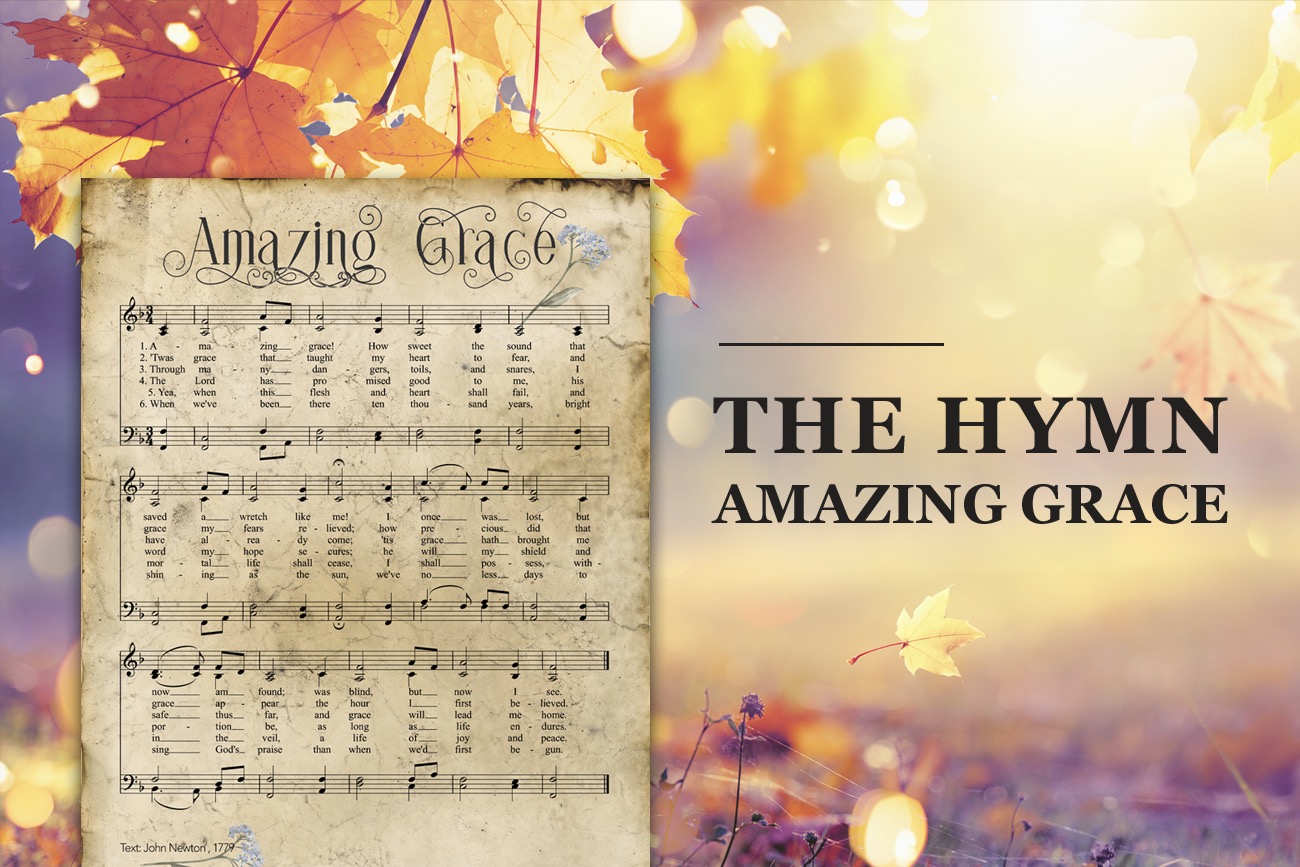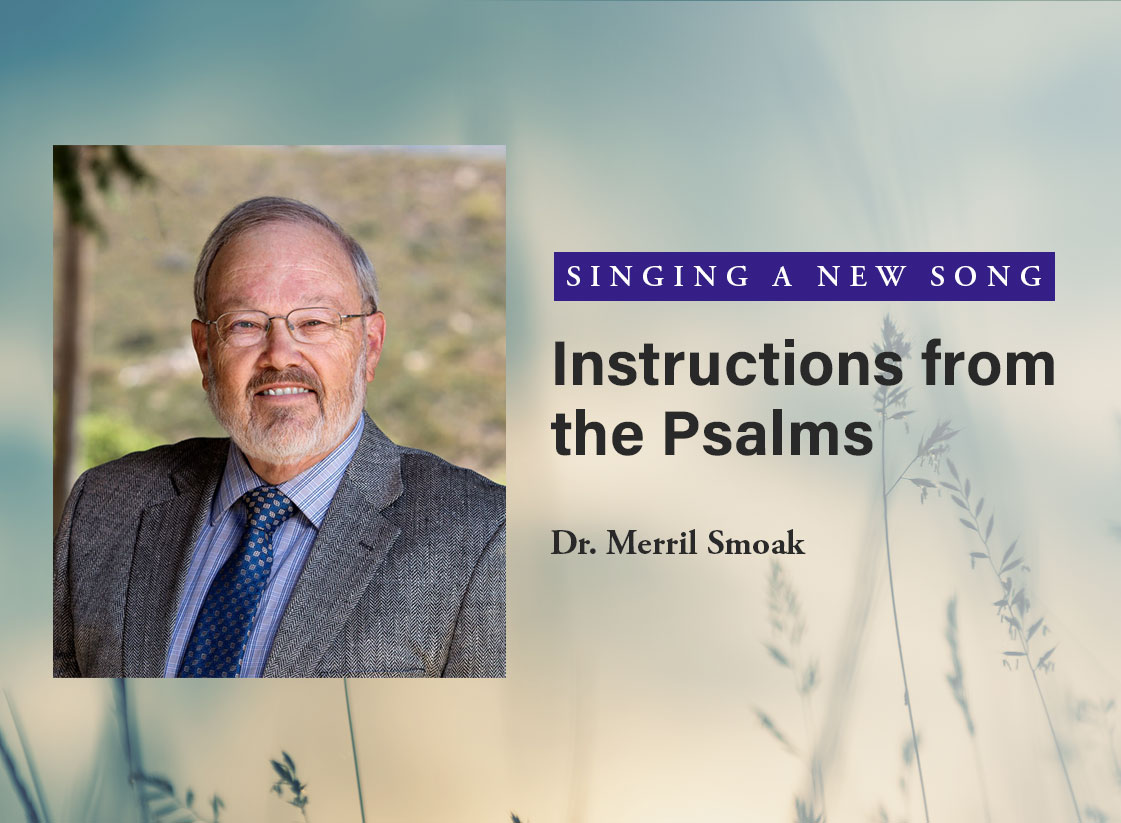I. Introduction
A. The Power of Praise in Personal and Corporate Spiritual Growth
Praise is an integral part of the Christian faith, acting as a powerful catalyst for both personal and corporate spiritual growth. This column seeks to delve into the transformative power of praise, exploring its role in enhancing faith, facilitating communion with God, and fostering a lifestyle that transcends the confines of worship services.
In this context, praise refers to the act of expressing gratitude or admiration towards God. It’s an acknowledgment of His goodness and sovereignty that often manifests through song, prayer, testimonies or simply living a life reflective of His love.
B. Overview of the Significance of Praise in Christianity
In Christianity, praise is more than just an act; it’s a lifestyle deeply ingrained into believers’ daily walk with God. It is seen as one way to communicate directly with Him and express reverence for His divine nature and works.
The Bible emphasizes its significance through various accounts where individuals or communities engaged in praise during times of joy or adversity alike. Whether it was David dancing before the Ark of Covenant or Paul singing hymns while imprisoned, these acts demonstrated their unwavering faith and deep relationship with God.
Moreover, Jesus Himself lived out this principle by regularly giving thanks to His Father – setting an example for believers on how cultivating a habitually thankful heart can pave way for profound spiritual transformation.
This introduction serves as groundwork for our exploration into how embracing a lifestyle imbued with praise can impact personal faith journeys as well as shape Christian communities collectively.
II. The Role and Impact of Praise in Personal Spiritual Growth
A. Definition and Importance of Personal Spiritual Growth
Personal spiritual growth is a continuous journey of deepening one’s relationship with God, characterized by an increasing understanding of His word, maturing in Christian virtues, and living out faith in daily life. It is the process where believers strive to become more like Christ, following His teachings and embodying His love towards others.
The importance of personal spiritual growth cannot be overstated. It serves as the foundation for a meaningful Christian life and influences every aspect of a believer’s existence – from personal decisions to interactions with others.
Praise plays an integral role in this process. Through praise, individuals can experience God’s presence more intimately, gain deeper insights into His nature and character, strengthen their faith, and cultivate a spirit-filled life that reflects Christ’s love.
In essence, praise acts as spiritual nourishment that fuels the believer’s journey towards greater spiritual maturity. By acknowledging God’s goodness and expressing gratitude for His blessings – big or small – individuals can foster a heart posture that is open to divine wisdom and guidance.
This section will delve into how praise enhances personal spiritual growth through various testimonies and real-life examples – demonstrating its transformative power not only on individual faith journeys but also within broader Christian communities.
B. Testimonies and Real-Life Examples Illustrating How Praise Enhances Faith
1) Correlation Between Praising God and Deepened Faith
Praising God is not just an act of worship; it’s a transformative practice that deepens faith. This correlation is seen in countless testimonies where individuals have found their faith strengthened during moments of praise. For instance, many believers recount experiences where they’ve felt overwhelmed by life’s challenges, but through praising God, they’ve found renewed strength and peace – a testament to the scripture “the joy of the Lord is your strength” (Nehemiah 8:10).
2) Biblical Characters Who Demonstrated Their Faith Through Praise
The Bible provides numerous examples of individuals whose faith was demonstrated through praise. One such example is King David, who despite facing immense trials – from King Saul’s pursuit to his own son Absalom’s rebellion – often turned to praise as a means to express his trust in God.
Another notable figure is Job who, amidst his profound suffering, chose to bless the name of the Lord (Job 1:21). These examples serve as powerful reminders that praising God can be a profound act of faith even amidst adversity.
3) Contemporary Testimonies Demonstrating How Personal Encounters with God are Enhanced by Praise
In contemporary times too, countless testimonies highlight how personal encounters with God are enhanced by praise. Believers often share stories about how they’ve experienced divine comfort, guidance or breakthroughs during moments spent in heartfelt adoration towards God.
For instance, some testify about feeling distant or disconnected from God due to life’s busyness or spiritual dryness but finding their connection restored when they began expressing their love for Him through praise.
These testimonies not only illustrate the power of praise but also underscore its role as an avenue for believers to experience deeper levels of faith and more intimate encounters with their Creator.
III. The Power of Praise in Communion with God
A. Explanation on What Communion with God Means in a Christian Context
In the Christian context, communion with God refers to an intimate, personal relationship that believers cultivate with their Creator. It’s not merely about religious practices or rituals; rather, it’s about fostering a deep and meaningful connection characterized by love, trust, and ongoing communication.
Communion involves continual dialogue with God—praying to Him, listening for His guidance through the Holy Spirit, and seeking His wisdom through studying scripture. It’s about experiencing His presence in daily life and acknowledging Him as the source of all blessings.
Praise is an integral part of this communion. When Christians praise God—whether through song, prayer or everyday actions—they are engaging in a form of dialogue that acknowledges His divine nature and goodness. Praise allows believers to express their love for God while also opening their hearts to receive His divine love.
This reciprocal relationship deepens communion by fostering a sense of closeness and connection to God—a bond that can provide comfort during trials, guidance during confusion, peace amidst turmoil and joy in every circumstance.
In the following sections we will explore real-life examples illustrating how praise fosters this deeper relationship with God; showing how praising Him can facilitate a sense of closeness or connection to Him leading up to intimate encounters both biblically as well as modern-day experiences.
B. Real-Life Examples Illustrating How Praise Fosters a Deeper Relationship with God
1) Praising God Facilitates a Sense of Closeness or Connection to Him
Praise is an act of worship that brings believers into the presence of God. By acknowledging His goodness and expressing love for Him, individuals can experience a heightened sense of His nearness. Numerous testimonies bear witness to this phenomenon – believers recount moments during praise when they felt enveloped by divine peace and comfort, signifying the closeness of their Creator.
2) Biblical Instances Where Praise Led to Intimate Encounters with God
The Bible provides several instances where praise led to intimate encounters with God. One notable example is found in Acts 16:25-26, where Paul and Silas were imprisoned for their faith. Despite their circumstances, they prayed and sang hymns to God – an act that led not only to their miraculous release but also the conversion of the jailer and his family.
Another instance is seen in 2 Chronicles 20:21-22, when King Jehoshaphat appointed men to sing praises before the army as they went into battle. As they began praising, the Lord set ambushes against their enemies leading them to victory.
3) Modern-Day Experiences Highlighting the Role That Praise Plays in Fostering Communion with God
In contemporary times too, many believers share experiences where praise played a crucial role in fostering communion with God. Some recount how through consistent praise during personal devotions or corporate worship services, they’ve experienced breakthroughs in areas like healing from emotional wounds or receiving clarity over difficult decisions.
Others share about how maintaining an attitude of gratitude has helped them perceive daily life from a perspective aligned more closely with biblical truths – recognizing even small blessings as evidence of divine love.
These real-life examples illustrate that whether it’s during moments of joy or trials, praising God can foster deeper communion by aligning our hearts closer to His; thereby strengthening our relationship with our Creator.
IV. Beyond Worship Services: Living a Lifestyle of Praise
A. Clarification on What Constitutes a Lifestyle of Praise Beyond Worship Services
A lifestyle of praise extends beyond the boundaries of worship services and permeates every aspect of daily life. It’s not confined to singing hymns or praying during specific times, but it’s about maintaining an attitude of gratitude and reverence towards God at all times.
In practical terms, this could mean starting each day with a prayer of thanksgiving, acknowledging God’s presence in small and big moments throughout the day, or expressing gratitude for His blessings before bedtime. It also involves demonstrating love for God through acts that reflect His teachings – such as showing kindness to others, being honest in dealings, or maintaining peace even amidst challenges.
This lifestyle also entails praising God in all circumstances as instructed in 1 Thessalonians 5:18 – “give thanks in all circumstances; for this is God’s will for you in Christ Jesus.” This includes moments of joy and abundance as well as times of trials and hardships.
Living a lifestyle of praise implies cultivating an awareness that every moment presents an opportunity to glorify God – whether through words spoken, actions taken or attitudes maintained. This perspective transforms ordinary routines into acts of worship, making life itself a continuous service to God.
In the next section we will delve deeper into how such a lifestyle impacts personal spiritual growth and corporate spiritual development by influencing everyday actions, decisions, interactions; fostering unity within Christian communities; and reflecting Christ’s love to society at large.
B. Exploration into the Benefits Such Lifestyle Brings to Both Personal Spiritual Growth and Corporate Spiritual Development.
1) Impact on Daily Life: How Maintaining an Attitude of Gratitude Influences Everyday Actions, Decisions, and Interactions.
A lifestyle of praise has profound effects on daily life. It promotes an attitude of gratitude that can positively influence actions, decisions, and interactions. When individuals consistently acknowledge God’s goodness, they cultivate a more optimistic outlook that can help them navigate life’s challenges with resilience and hope. This mindset also encourages kindness and empathy towards others as it reflects God’s love and grace experienced personally.
2) Impact on Community Relationships: How Communal Praising Can Foster Unity, Mutual Encouragement, and Collective Spiritual Growth.
Praising God as a community not only enriches individual spiritual growth but also fosters unity within the group. Shared experiences of worship create bonds among believers as they collectively acknowledge their dependence on God’s grace. This mutual encouragement can enhance collective spiritual growth by creating an environment where faith is nurtured through shared testimonies, prayers, praises, and acts of service.
3) Impact on Societal Influence: How Living Out a Lifestyle of Constant Thanksgiving Can Reflect Christ’s Love to Others.
Living out a lifestyle of constant thanksgiving extends beyond personal or communal benefits; it also has societal implications. As believers embody an attitude of praise in their daily lives – showing love, kindness, patience – they reflect Christ’s love to those around them. This positive influence can touch the lives of others in meaningful ways—potentially leading them towards their own encounters with God’s grace.
In essence, adopting a lifestyle of praise allows believers to experience deeper personal spiritual growth while simultaneously fostering stronger Christian communities that shine as beacons of Christ’s love in society.
V. Conclusion
A. Reiteration that Cultivating an Attitude of Continuous Worship Goes Beyond Church Services but Permeates All Aspects of Life.
In conclusion, the power of praise in personal and corporate spiritual growth is immense. It’s a transformative practice that extends beyond the walls of worship services into every facet of daily life. When believers cultivate an attitude of continuous worship, they not only deepen their faith and communion with God but also influence their actions, decisions, and interactions in positive ways.
B. Encouragement for Readers to Embrace this Formative Practice for Their Own Spiritual Development as well as for Fostering Stronger Christian Communities.
Therefore, embracing a lifestyle of praise is highly encouraged not only for personal spiritual development but also for fostering stronger Christian communities. It’s an act that reflects God’s love to others and can lead to unity, mutual encouragement, collective spiritual growth, and societal influence.
As we journey through life with its ups and downs, let us remember to “give thanks in all circumstances; for this is God’s will” (1 Thessalonians 5:18). May our lives be a continuous act of worship – reflecting our love for God and His love through us – thereby transforming us individually while strengthening our communities collectively.
![[Jubilee columns] Unfolding Praise: 7. The Power of Praise in Personal and Corporate Spiritual Growth](https://jubileeschool.org/wp-content/uploads/2023/09/ben-white-TlBF3ZUVTvE-unsplash.jpg)
![[Jubilee columns] Unfolding Praise: 6. The Role of the Worship Leader](https://jubileeschool.org/wp-content/uploads/2023/09/chris-irk6DwN9giQ-unsplash.jpg)
![[Jubilee columns] Unfolding Praise: 5. Contemporary Praise and Worship Music in Modern Christianity](https://jubileeschool.org/wp-content/uploads/2021/01/news_20200430.jpg)
![[Jubilee columns] Unfolding Praise: 4. The Role of Music in Praise as a Component of Christian Worship](https://jubileeschool.org/wp-content/uploads/2021/01/news_20200603.jpg)
![[Jubilee columns] Unfolding Praise: 3. The History of Praise in Christian Worship: Tracing the Development and Influences](https://jubileeschool.org/wp-content/uploads/2021/01/news_20200615.jpg)
![[Juiblee Colomn]Unfolding Praise: 1. The Meaning of Praise in Christian Worship](https://jubileeschool.org/wp-content/uploads/2023/07/john-price-RAZQiZOX3mU-unsplash.jpg)


